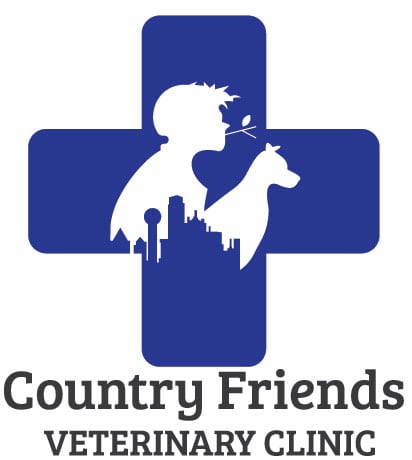The Heart of Veterinary Medicine

Over years of practice, I have volunteered and worked for shelters, rescue groups and nonprofit animal organizations. One organization CFVC currently volunteers time to is the Royse City Animal Shelter. We volunteer our time to help evaluate, treat, vaccinate, deworm and heartworm test animals that come through the Royse City Shelter. A typical week can include working with animal control officers and volunteers through phone conversations, on-site work or shelter animals being brought into the clinic for specific treatments. We may see trauma cases, under or malnourished animals, neglected, abandoned and age-related issues.
Many weeks are filled with routine activities. Generally, on a Thursday afternoon off, any needed supplies such as vaccines, syringes, deworming medications, etc are loaded and taken to the shelter where the Animal Control or volunteers have records waiting for evaluation. Once on the premises, it is determined if animals are old enough and healthy enough to start their vaccines. Medication to help remove intestinal parasites is started and if indicated, a heartworm test is performed on dogs. Depending on findings, recommendations for follow up and treatments are made. This processing may take anywhere from 1 to 4 hr depending on the number of animals that are in the shelter during any given week. Most of the animals may then be fostered in volunteer homes, be scheduled for spaying or neutering or be ready to go out for adoption.
Other weeks may be filled seeing cases related to bite wounds (rabies quarantine and monitoring), animals that have been hit by a car, patients that have been in animal fights, abused by owners either physically, through starvation or neglect, or that have just been thrown out to fend for themselves because they are an unwanted litter or they are old and sick. At times, we must address issues with outbreaks of contagious diseases such as distemper, parvovirus or kennel cough. Since a large number of non vaccinated, unhealthy animals are housed in close confinement, contagious diseases can sweep through the shelter easily, making treatment and control difficult.
By helping these animals and volunteering time to care for the less fortunate ones, it truly makes us appreciate our clients and the care they provide their pets. It is also a reminder to us as veterinarians of why we do what we do, to advocate for the animal, to alleviate their pain or suffering when we have the ability to do so and to continue to educate people in our responsibility to the animals. By giving some of our time, we hope to make a difference in the lives of some of the less fortunate pets and to give back to our community. We also hope to open the door to educate and raise awareness of the many unwanted animals in our area.
Shelter medicine is a completely different type of veterinary medicine. It is an art and a passion to do what our training and profession calls us to do.
Dr. Rhonda Phillips and the staff at CFVC are passionate about helping animals in need and being involved in our community. Our entire staff participates in community service and many staff members are involved in several organizations throughout the local community.

